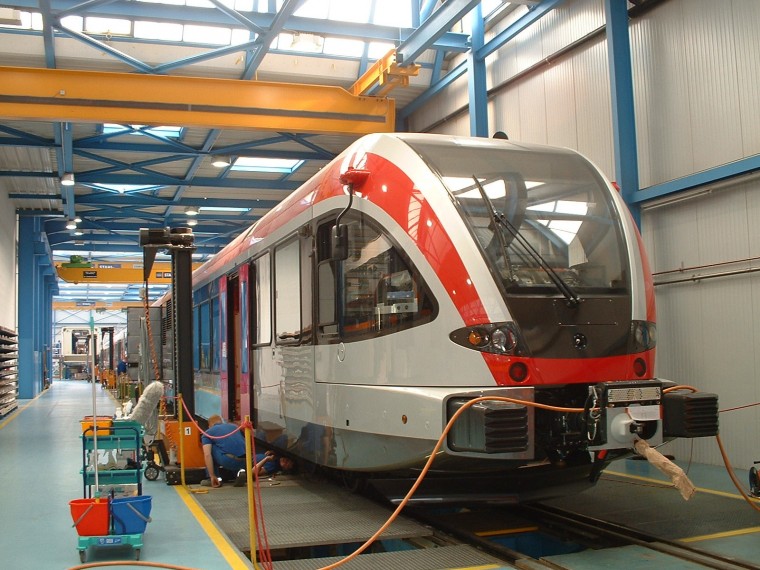MetroRail cannot solely restore reputation
The highly-anticipated day is finally upon us. Capital Metro announced its commuter rail line, MetroRail, will open to the public March 22.
The rail line, unveiled in 2004, was originally set to open in the of fall 2008. But this date was pushed back numerous times due to construction delays and safety concerns.
Capital Metro initially estimated the new rail line would cost around $60 million to complete, but as construction progressed and various costs went up, the construction has cost closer to $105 million.
Fred Gilliam, former CEO and president, oversaw Capital Metro from 2002 until last fall, when he retired.
During Gilliam’s time with Capital Metro, the company went from having a $200 million reserve fund to only $4 million. And according to the Austin American Statesmen, Capital Metro riders declined heavily during Gilliam’s tenure.
The companies interim president Doug Allen said he intends to get the mass transit provider where it needs to be and then step down from the position.
Capital Metro has stopped paying the city of Austin back from projects the city financed nearly 10 years ago. This, coupled with the continued delay of the rail line, mismanagement of funds and rising fares, has tarnished the company’s image.
The company remains hopeful that the opening of the commuter rail line will help restore its reputation with the public, but Capital Metro will need to do more than that to bring them back into the city’s favor.
The commuter rail, although a favorable new transportation option, will only benefit a small group of people.
For those commuting from Cedar Park, Leander and the Round Rock area to Austin, the rail line will be a blessing. But for those within the city limits, the line’s specific and limited path will not ease their commute. People who do not live near any of the train’s nine stops will likely find traveling to and from the distant stations an inconvenience.
The opening of the rail line itself is not a negative addition to Austin by any means, but Capital Metro cannot put so much faith into the rail system to save its struggling business.
Capital Metro needs to focus on making sure its company is taking responsibility and working towards promoting a reliable new image. Instead of expanding, Capital Metro needs to concentrate on improving what it already has. The substantial bus line is the company’s largest service and Capital Metro needs to make this its top priority.


